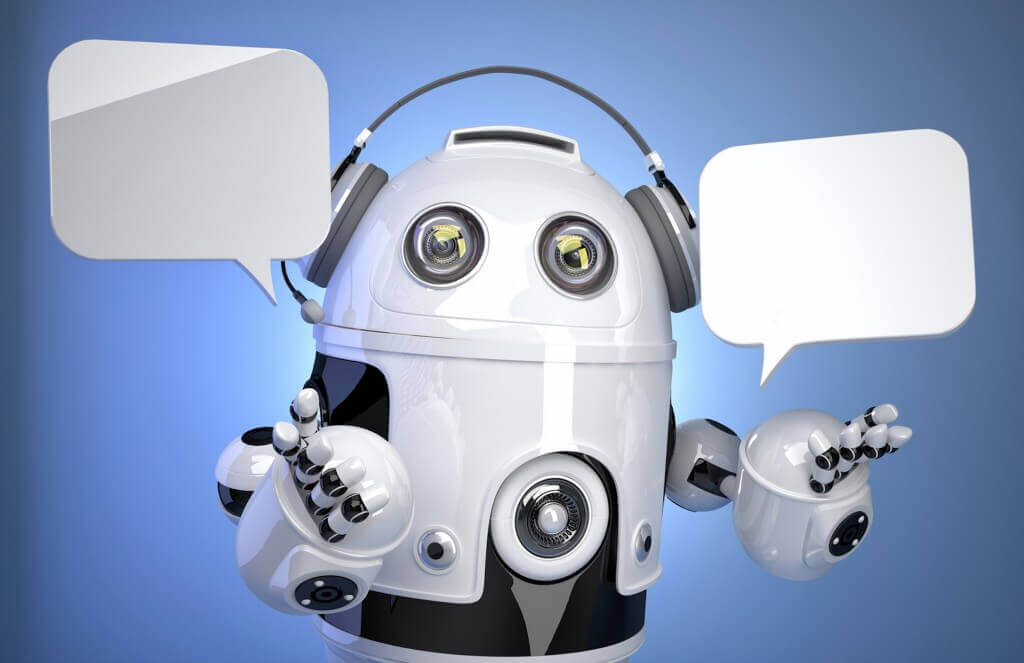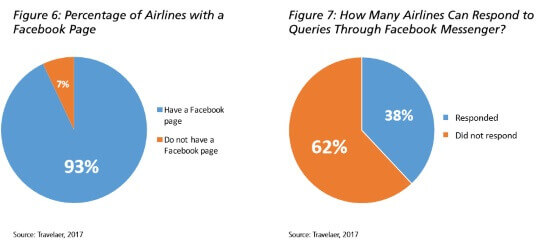
It is common in the consumer marketing world to engage with customers where they pass their time, spend their money and focus their attention.
This often involves employing a team of fairly articulate field marketing representatives to patrol popular events and shows, or to create and staff original events, all designed to open the channels of customer communication, and therefore drive deeper influence.
However, those communications channels are quickly changing as technology creeps into every aspect of our lives, including our travel planning. The problem is, the travel industry lags behind its customers in embracing this digital revolution, and so while most of its customers have gravitated to communicating via social media sites, messaging apps and bots, the travel companies have yet to join the conversation.
As a result they are missing the boat!
The recent news generated by United and Delta airlines are indicators of an industry that is out of touch with its customers. New research issued by EyeforTravel and Travelaer shows travel companies don’t take Facebook Messaging with customers seriously. Most don’t respond to customers via Facebook Messenger within a week, much less if they have chat bots.

And the small percentage of travel bots that are live don’t impact the customer journey in a meaningful way. They tend to be gimmicky and don’t fit into an overall digital strategy.
Service not selling
Travel companies don’t seem to understand that customer service is the most demanded customer feature, not better eCommerce.
The ability for passengers in crisis to communicate with an airline via Facebook Messenger – or even better, chat bots – provides instant relief and quells potential outbursts that have the ability to go viral on YouTube.
The top travel apps such as Booking.com and TripAdvisor lead the way with millions of users. But the top social media and messaging apps pass the billion user mark. Facebook Messenger alone currently claims more than 1.2 billion users!




